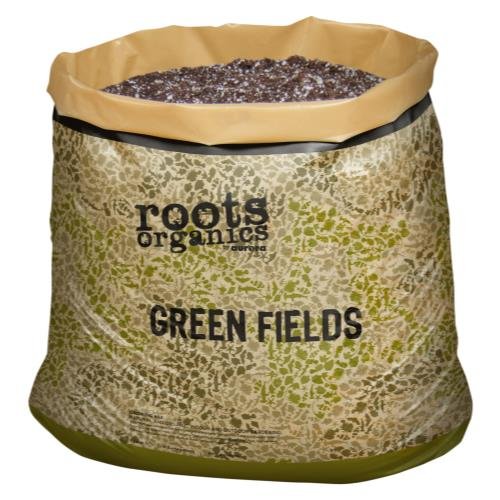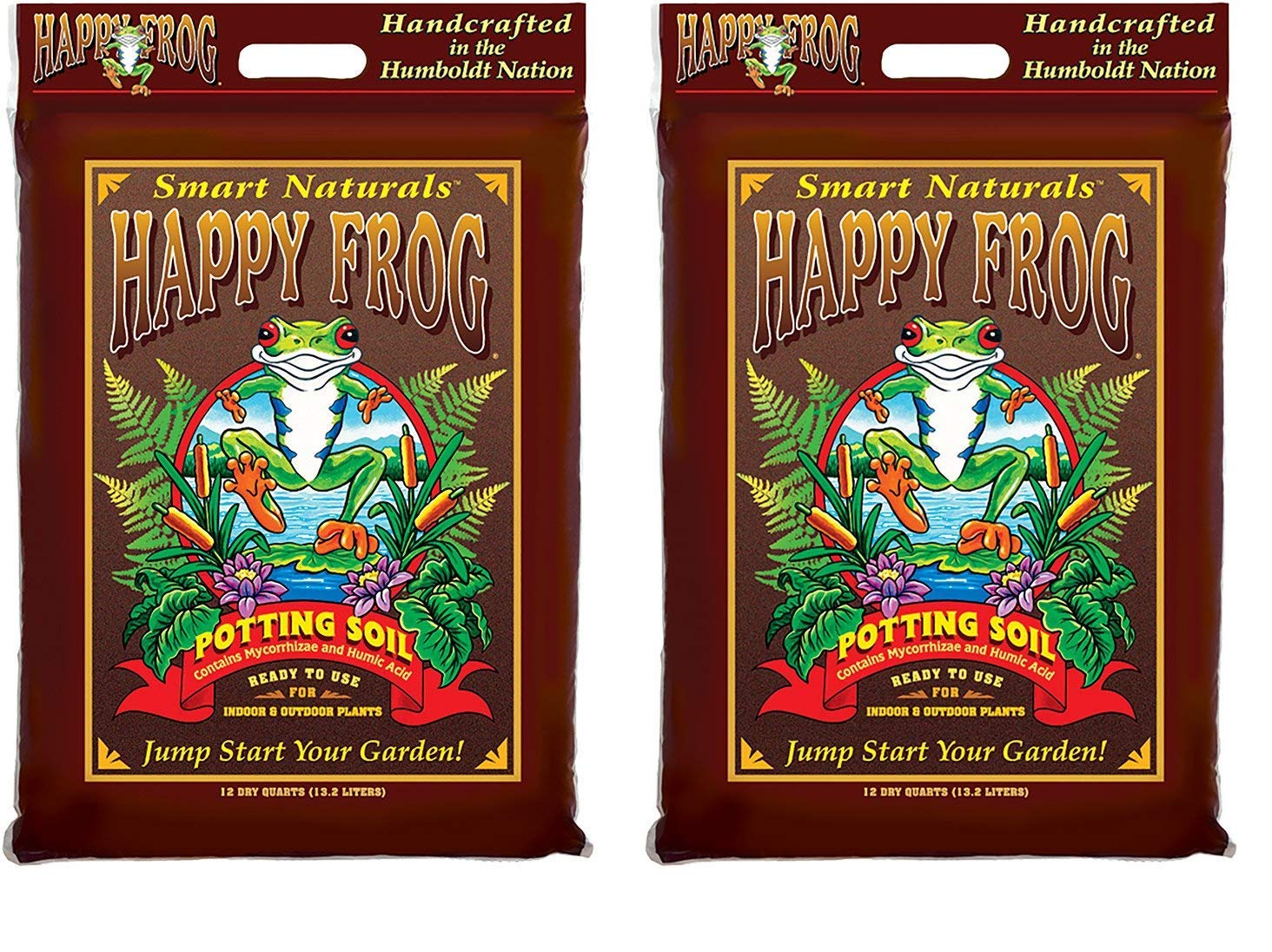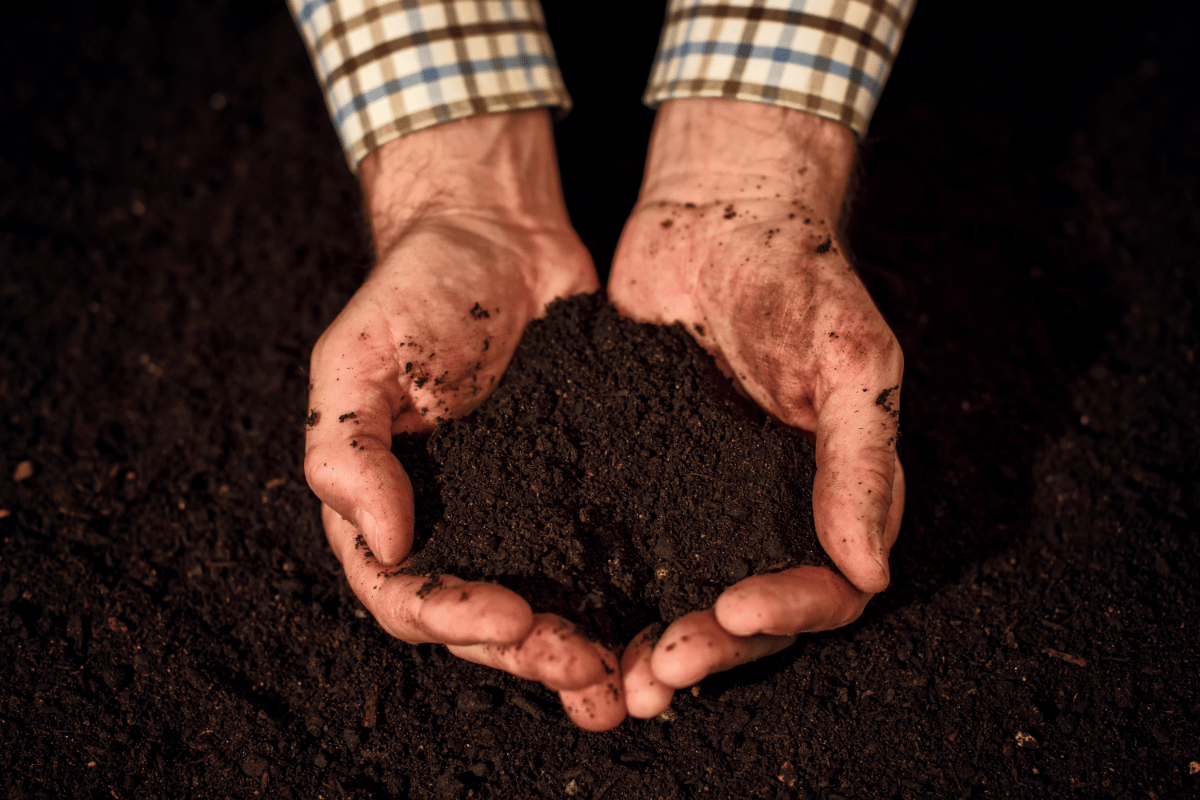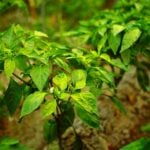Finding the right organic
What is Organic Soil ?
Organic soils are engineered to contain organic matter that is packed with minerals and nutrients that are beneficial to the growth and development of plants. Simply put, organic

Most farmers make use of compost, manure, and mulch to add nutrients to soils that are deficient in minerals required by plant roots. It is important to amend the
What Constitutes an Organic Soil ?
Before you make use of organic
- Compost
Compost contains decaying matters which could include leaves, flowers, and other food scraps from the vegetative origin. Adding compost to a nutrient deficient
- Mulch
This is also similar to compost but the difference is that it is made from decaying leaves, wood chips and/or bark. You can find a variety of mulch depending on the smell, color, and texture. Mulch helps the
- Manure
Many organic soils contain manure which is usually decayed animal excrement. They are applied to
Benefits of Organic Soil
The organic matter contained in organic
- Supply Nutrients
Adding organic
- Retain Moisture
Organic
- Improves
Soil Structure
Adding organic matter to
The Best Organic Soil for Plant
1. FoxFarm Ocean Forest Potting Soil
This organic
2. Roots Organic

This coco fiber-based organic
3. Nature’s Living Soil Super Soil Organic Concentrate

This organic
4. FoxFarm Happy Frog Potting Soil

Another quality product from FoxFarm, this organic
5. Miracle-Gro Potting Soil
Unlike traditional garden
Organic
If you would like help on how to use organic
FAQ’s
Soil and gardening Organic gardening means gardening without using chemical fertilisers and pesticides. There are a number of different kinds of organic gardening, but they all have something in common – they try to mimic nature, in order to create a healthy and balanced environment for plants. This is where soil comes into the picture. Soil is the key to healthy plants and flowers. It is a living thing which helps to nourish the plants and provide them with the minerals they need. If you are interested in gardening, then you know how important soil is. Soil is full of things like worms, bacteria and fungi that help to keep your plants healthy and happy. Organic is better. According to the National Organic Program, organic farms use no synthetic pesticides, herbicides or fungicides on their crops. Organic soil has a lot of organic matter which can take up nitrogen and phosphorous from compost or manure. The process is a little complicated, but the main idea is to enrich your garden with a rich and healthy soil. You can do this by adding composted manure or by using other organic matter. Organic matter is made up of dead organic material that has decayed into nutrients. These nutrients are then able to be taken up by plants. Soil is made up of three basic components: sand, clay, and organic matter. Organic matter is made up of living and dead organisms. It includes both animal and plant remains. This means that you can use the composted manure from your animals or any other type of organic matter. Compost is a mixture of plant and animal waste that has been allowed to decompose in a controlled environment. You can add it directly to the soil or compost it before applying it to the soil. The amount of organic matter that you add to your soil is known as the “bulk density” of your soil. This will vary depending on the type of soil you have, but a good rule of thumb is to add at least 2-3 inches (5-7cm) of organic matter for every square foot .Is organic soil good for plants?
What is the difference between organic soil and regular soil?
Organic soil is not treated with chemicals that kill beneficial soil organisms. As a result, organic soils have a richer supply of nutrients than chemically treated soils.
Organic soil is a product of nature, but when it has been contaminated with chemicals, it is no longer organic. Soil is composed of mostly sand, clay, silt, and organic matter. There are many types of organic matter, including humus, leaf mold, compost, and peat moss. The key thing to understand about organic matter is that it is alive. When you dig into your garden bed, you’ll see that the top layer of soil is darker than the bottom because the organic matter is higher there. As the organic matter decays, it releases nutrients back into the soil. That is how organic matter keeps your soil healthy.Does organic soil have fertilizer?
In most cases the organic matter will be able to take up nutrients before the compost or manure is completely broken down. If you want to get more specific you can go through a lab and test the soil to see how much nitrogen, phosphorus, potassium, etc. is available.
Organic matter is an effective fertilizer. However, if your organic matter is not decomposed, it is not really fertilizer, but just some kind of compost.How do you use organic soil?







